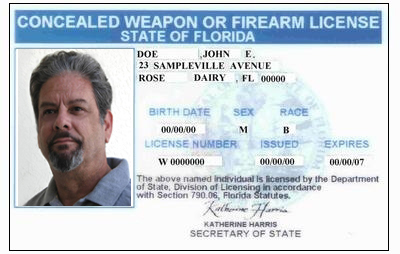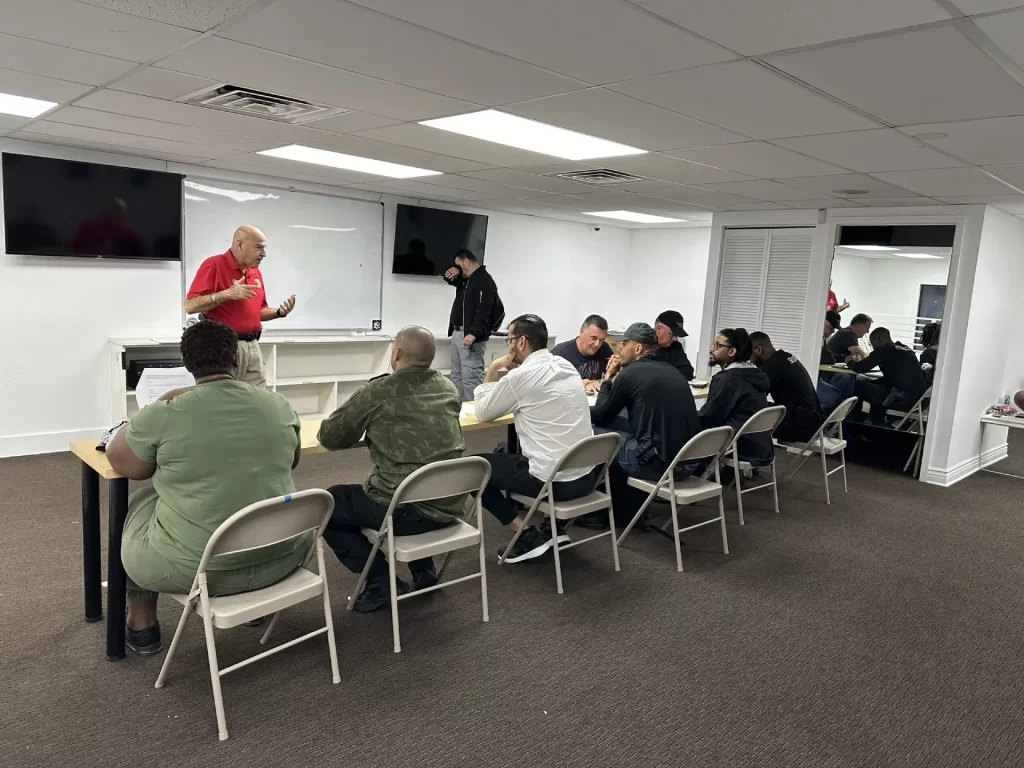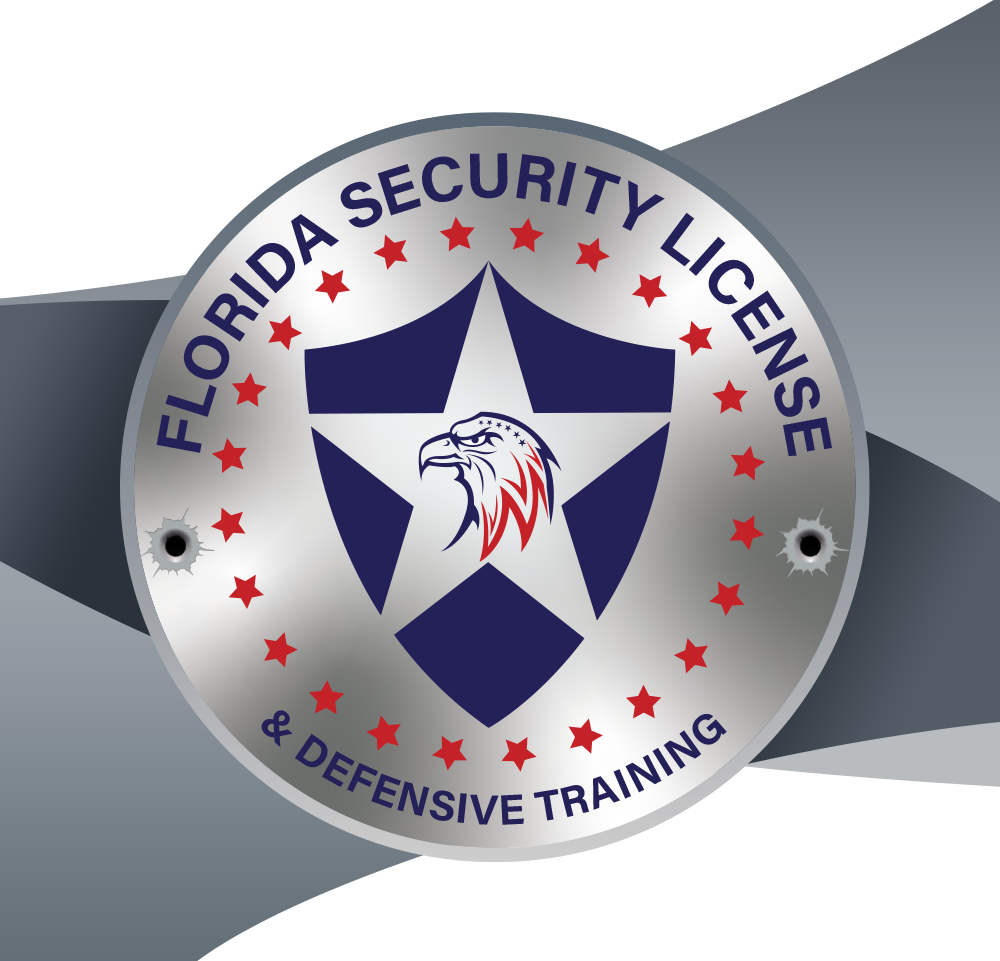Carrying a concealed weapon (CCW) is a significant responsibility that requires individuals to understand both federal and state laws. Concealed carry laws vary widely across the United States, with each state setting its own regulations regarding permit requirements, reciprocity agreements, and restrictions on where firearms can be carried.
Some states follow constitutional carry laws, which allow eligible individuals to carry a handgun without a permit, while others mandate completion of a concealed weapons license class before applying for a permit. Additionally, some jurisdictions impose restrictions on certain locations, such as schools, government buildings, and private businesses that prohibit firearms on their premises.
Before applying for a concealed weapons permit, it’s crucial to research your state’s laws, understand the legal use of concealed firearm by force, and ensure compliance with local firearm regulations.
Eligibility Requirements for a Concealed Carry Permit
To qualify for a concealed carry permit, applicants must meet specific eligibility criteria set by their state. While requirements vary, most states enforce the following conditions:
- Minimum Age Requirement: Many states require applicants to be at least 21 years old, although some allow 18-year-olds to apply under certain circumstances.
- U.S. Citizenship or Legal Residency: Applicants must be U.S. citizens or lawful permanent residents.
- Completion of Firearms Safety Training: Many states require individuals to complete a concealed weapons license class that covers gun safety, legal responsibilities, and live-fire exercises.
- Clean Criminal Record: Applicants must not have felony convictions, domestic violence offenses, or pending criminal charges.
- Mental Health Evaluation: Some states assess an applicant’s mental health history to determine their eligibility.
- No Substance Abuse Issues: A history of substance abuse or addiction may disqualify an individual from obtaining a permit.
- Residency Requirements: Some states only issue permits to residents, while others allow non-residents to apply.

Steps to Get a Concealed Carry Permit
While the process varies by county and state, most applicants must follow these steps to obtain a concealed carry permit:
- Research State-Specific Requirements
Visit your state’s official website to understand its permit issuance process, fees, and required documentation.
- Complete a Concealed Carry Training Course
Enroll in a concealed weapons license class that meets state requirements. This course typically includes firearm safety, proper handling, and legal guidelines.
- Submit an Application
Complete the application form and submit it through your local law enforcement agency or to contact the appropriate state department. Ensure all required documents, such as proof of residency, identification, and training certificates, are included.
- Undergo a Background Check
Applicants must pass a criminal background check, which includes reviewing arrest records, restraining orders, and federal firearm restrictions.
- Provide Fingerprints
Many states require applicants to submit fingerprints for further verification. Some agencies may conduct in-person fingerprinting, while others accept payment for third-party fingerprinting services.
- Pay the Required Fees
States charge processing fees that vary based on the jurisdiction. Be sure to check your state’s website for an updated fee schedule.
- Wait for Processing and Approval
Permit processing times differ, but it can take anywhere from a few weeks to several months for approval. Applicants will receive their concealed weapons permit upon successful completion of all requirements.
Responsibilities of Concealed Carry Permit Holders
Holding a concealed carry permit is a serious responsibility that requires permit holders to adhere to strict legal and ethical standards. Responsibilities include:
- Understanding Firearm Laws: Stay updated on federal and state gun laws, including changes in security guard license Florida online requirements.
- Carrying Responsibly: Always ensure firearms are securely holstered and properly concealed.
- Avoiding Restricted Areas: Know where firearms are prohibited, such as federal buildings, schools, and private establishments that restrict weapons.
- Exercising Good Judgment: Concealed carry is for self-defense, not intimidation or reckless behavior. Always act with caution and responsibility.
- Maintaining Permit Validity: Some states require permit renewal, which may involve completing refresher courses or undergoing additional background checks.
Common Reasons Applications Get Denied
Unfortunately, not all applications for a concealed weapons permit are approved, as states enforce strict regulations to ensure public safety. Denials can stem from a variety of factors, including legal issues, incomplete applications, or failure to meet training requirements. Some of the most common reasons for rejection include:
- Criminal History: Applicants with felony convictions, domestic violence charges, or active restraining orders are typically ineligible. Even certain misdemeanor offenses may disqualify an individual depending on state laws.
- Failure to Complete Training: Many states require completion of a concealed weapons license class or firearms safety training as part of the application process. Failure to provide proof of course completion can lead to immediate rejection.
- Mental Health Concerns: A history of severe mental illness, recent institutionalization, or a court ruling declaring an individual mentally unfit to own a firearm can result in denial. Some states may require additional psychological evaluations for applicants with past mental health issues.
- Dishonorable Military Discharge: A dishonorable discharge from the military can serve as a disqualifying factor, as it may indicate past violations of conduct or criminal activity.
- False or Incomplete Application: Providing false information, omitting crucial details, or failing to submit all required documents—such as fingerprints, proof of residency, or legal identification—can lead to disqualification. Accuracy and honesty are essential when applying for a concealed carry permit.
- Substance Abuse History: Applicants with a history of drug addiction, alcohol dependency, or past DUI convictions may be considered ineligible. Some states require applicants to demonstrate a period of sobriety before reapplying.
Understanding the reasons for denial helps applicants avoid common pitfalls and ensures they meet all concealed carry permit requirements before submitting their application. If denied, individuals may have the opportunity to appeal the decision or take corrective steps to reapply in the future.
What to Do If Your Application Is Denied
If your concealed weapons permit application is denied, don’t panic—many states provide an appeals process that allows applicants to challenge the decision. Understanding the reason for denial and taking the right steps can improve your chances of approval. Here’s what you should do next:
- Review the Denial Letter: Carefully read the official denial notice, as it will outline the specific reason your concealed carry permit application was rejected. Identifying the exact issue will help you determine your next course of action.
- Gather Supporting Documents: If the denial was due to missing paperwork, such as proof of completion for a concealed weapons license class, residency verification, or background check errors, obtain the necessary documents and resubmit your application.
- File an Appeal: Some states allow applicants to challenge the decision through a formal appeals process. This may involve submitting additional evidence, providing clarifications, or requesting a hearing. It’s essential to follow state-specific guidelines to ensure your appeal is valid.
- Seek Legal Advice: If you believe your application was unfairly denied due to an administrative error or misinterpretation of the law, consulting an attorney who specializes in firearms safety training and state gun laws can provide clarity and legal options.
- Reapply After Eligibility Is Restored: If your denial was based on a temporary disqualification—such as a past conviction, restraining order, or failure to meet eligibility requirements—you may become eligible again after a waiting period. Some states allow applicants to reapply once they meet all qualifications.
While both how to get a concealed weapons permit after carry permit denial can be frustrating, understanding the appeals process and taking the necessary steps can help you navigate the system and work toward obtaining legal approval to carry a firearm.
Conclusion
Securing a concealed carry permit requires thorough preparation, proper training, and strict adherence to state-specific regulations. Whether you’re pursuing a permit for personal protection or meeting the qualifications for a Florida Class D and G security license, responsible firearm ownership is essential for ensuring safety, legal compliance, and preparedness.
A key component of this process is completing a state-approved concealed weapons license class, which provides instruction on firearm safety, handling, and the legal responsibilities of carrying a concealed weapon. Understanding state laws, reciprocity agreements, and eligibility criteria for concealed pistol license is critical to avoiding legal issues and ensuring a smooth application process.
At SecurityLicense.com, we provide comprehensive resources to guide you through every step of obtaining your concealed handgun permit. From selecting the right firearm license classes to staying updated on the latest concealed carry laws, we help individuals and security professionals navigate the process with confidence. Stay informed, train responsibly, and meet all state requirements to carry your firearm legally and safely.


